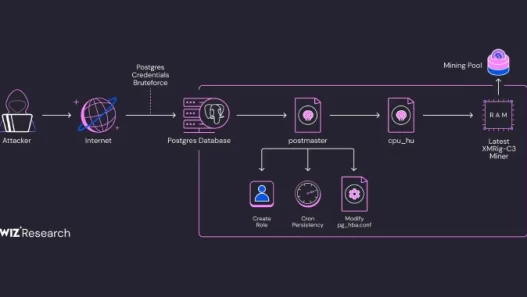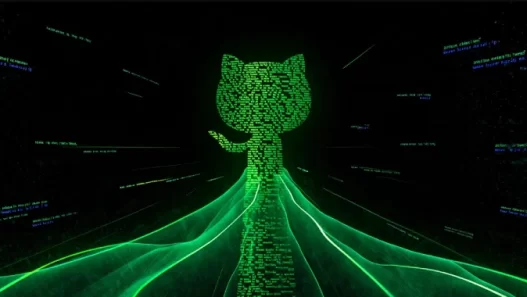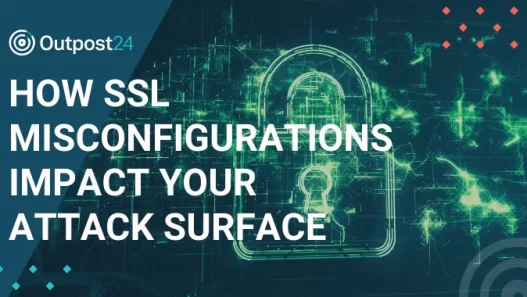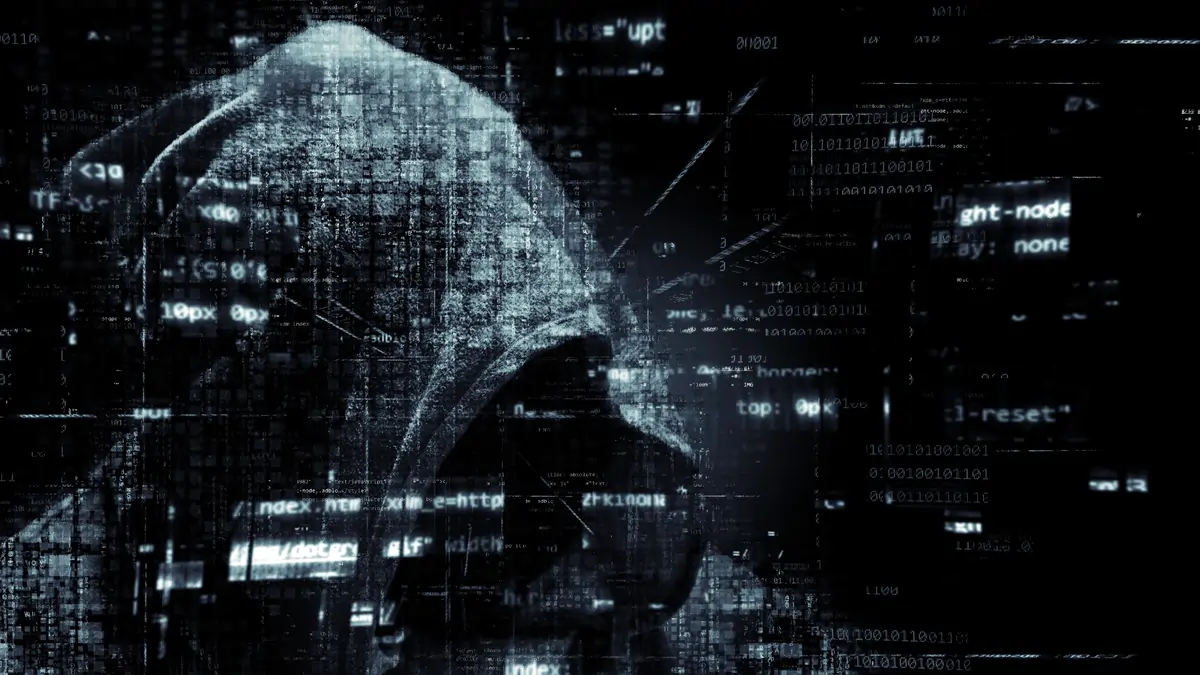The Dark Web is an often-misunderstood corner of the internet, cloaked in secrecy and mystery. Unlike the surface web we interact with daily, the Dark Web is a hidden network designed to provide anonymity and allow for untraceable communication. This article explores the Dark Web in detail, diving into its structure, use cases, security concerns, and the criminal activity it harbors, as well as the ethical dilemmas surrounding its existence.
What is the Dark Web?
The Dark Web refers to part of the internet that is not indexed by traditional search engines like Google. It exists on an encrypted network known as the “Deep Web,” which includes websites and data that aren’t accessible via standard web browsers.
The Dark Web is a subset of the Deep Web, accessible only using special software, most notably Tor (The Onion Router), which provides users with anonymity by routing internet traffic through a series of encrypted nodes. This ensures that both the user’s identity and location remain hidden.
The Anatomy of the Dark Web
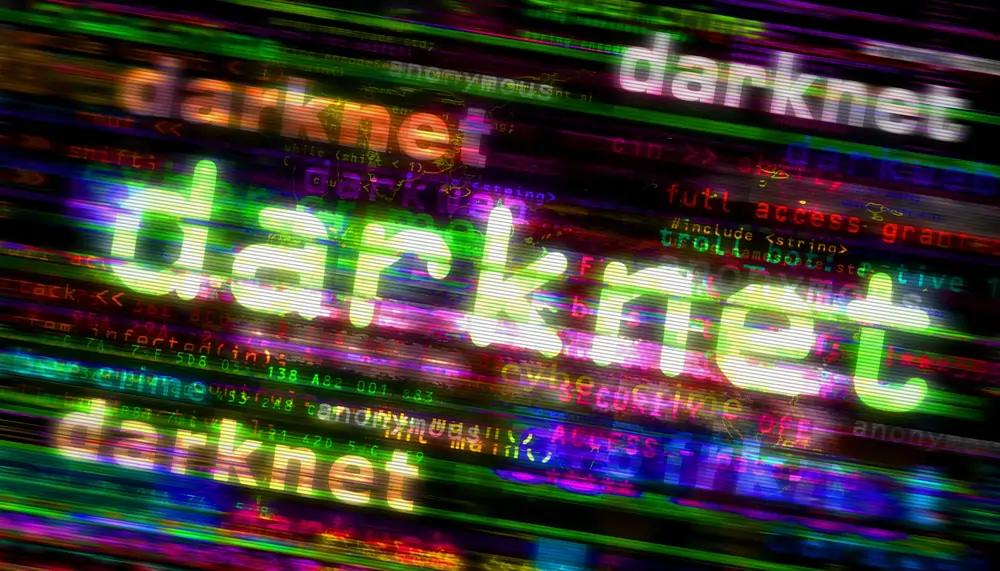
To fully understand the Dark Web, it’s important to differentiate it from the broader concept of the Deep Web. The Deep Web encompasses any online content that isn’t indexed by traditional search engines, such as private databases, personal email accounts, and password-protected websites. The Dark Web, however, is intentionally hidden and deliberately encrypted to provide anonymity.
- Tor Network
The most well-known access point to the Dark Web is Tor. This free, open-source software allows users to browse the internet anonymously by encrypting data multiple times and routing it through a network of volunteer-operated servers. As a result, tracking the origin of the data is incredibly difficult. - I2P Network
Another hidden network is I2P (Invisible Internet Project), which provides another level of anonymity and is often used for peer-to-peer activities. I2P operates differently than Tor, focusing more on secure, anonymous communication and file sharing within its encrypted network. - .onion Domains
Websites on the Dark Web are often identified by the .onion domain extension. These sites are only accessible through Tor or I2P browsers. This extension indicates that the website is part of the Tor network and provides the encrypted, anonymous environment necessary for accessing content without being tracked.
Legal and Illegal Uses of the Dark Web
The Dark Web is a double-edged sword—it can offer privacy and free expression, but it can also facilitate illegal activities. Understanding its uses requires acknowledging both the legitimate and criminal aspects of this hidden network.
Legitimate Uses
- Privacy and Freedom of Speech
One of the primary legitimate uses of the Dark Web is for individuals in repressive regimes to communicate freely and securely. Activists, journalists, and whistleblowers in countries with limited freedom of speech often use the Dark Web to share sensitive information without fear of government surveillance. - Secure Communication for Sensitive Matters
For professionals, such as lawyers or doctors, the Dark Web can serve as a secure space to communicate with clients or patients about sensitive matters without risking exposure of personal data. For example, medical professionals may use encrypted networks to discuss patient confidentiality in the face of hacking threats to health information systems. - Cryptocurrency Transactions
The Dark Web is often associated with cryptocurrency due to the privacy it offers. Cryptocurrencies like Bitcoin, Monero, and Ethereum provide an additional layer of anonymity for users transacting in the Dark Web, whether for legal or illegal reasons.
Illegal Activities
Unfortunately, the Dark Web is notorious for hosting illegal and malicious activities. Criminals use this encrypted network to carry out operations that are difficult to trace, including:
- Drug and Weapon Sales
The Dark Web is known to be a major hub for the illicit drug trade, with marketplaces like AlphaBay (before it was shut down) facilitating the sale of drugs, weapons, and other illegal goods. These markets operate on cryptocurrency payments to maintain anonymity and prevent tracing. - Hacking Services and Malware
Hackers use the Dark Web to sell exploits, tools, and services designed to compromise data and break into systems. Ransomware-as-a-Service (RaaS) has also become a common offering on the Dark Web, with individuals or groups paying for ready-to-use ransomware tools that can infect systems and demand payments from victims. - Stolen Data and Identity Theft
Data breaches are sold and traded on the Dark Web. Stolen credit card information, personal identification details, and even login credentials are bought and sold, facilitating identity theft and financial fraud. - Hitmen and Assassination Services
Though highly sensationalized in the media, there have been reports of websites offering illegal services such as contract killings. However, it’s important to note that many of these services are hoaxes designed to scam users.
Security Risks of the Dark Web
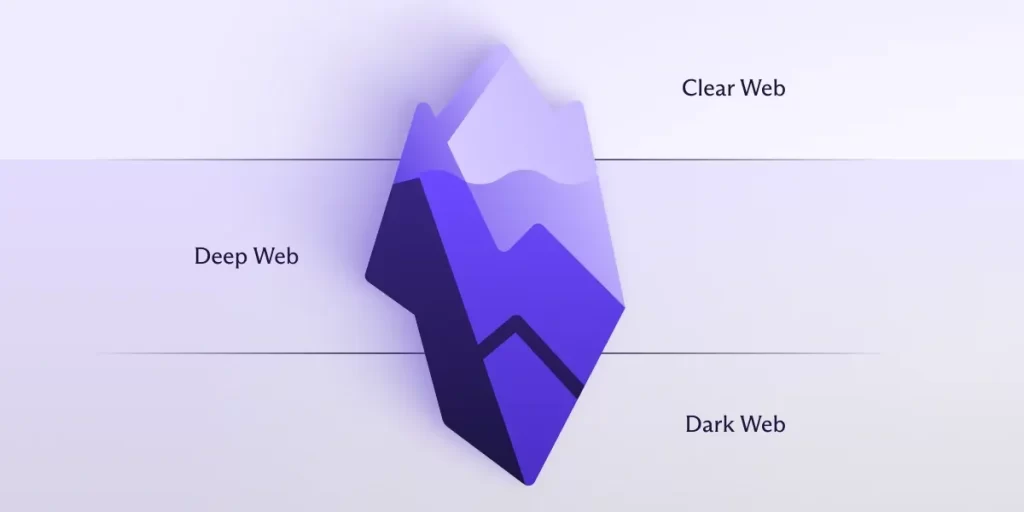
Accessing the Dark Web comes with inherent security risks, especially for those who are unfamiliar with its operations.
- Malware and Scams
Due to the lack of regulation on the Dark Web, users are vulnerable to scams and malware attacks. Malicious actors often pose as legitimate service providers or vendors but are simply looking to exploit users for personal information or to infect their devices with harmful software. - Data Theft
Users on the Dark Web are at risk of exposing sensitive personal data if they aren’t careful about the information they share. Many Dark Web forums and marketplaces collect user data, and some may attempt to steal sensitive details. - Tracking and Law Enforcement
Although Tor and I2P provide a degree of anonymity, law enforcement agencies have been able to track and apprehend criminals operating on the Dark Web. Investigative tools and tactics, such as traffic analysis and law enforcement operations like Operation Disruptor (which led to the shutdown of AlphaBay), have led to arrests and convictions.
Ethical Considerations of the Dark Web
The Dark Web raises many ethical concerns due to its association with criminal activities. However, it also serves as a vital resource for privacy-conscious individuals, journalists, and activists. The ethics of the Dark Web often depend on the purpose for which it is used:
- Advocacy for Privacy: Advocates argue that the Dark Web allows individuals in oppressive regimes to speak freely and share information without fear of retribution. For instance, journalists in authoritarian states use the Dark Web to exchange information securely.
- Privacy vs. Crime: The challenge lies in balancing the right to privacy with the ability to prevent and prosecute crime. Although law enforcement agencies target illegal activities on the Dark Web, some argue that an overly aggressive crackdown could compromise free speech and privacy rights.
The Dark Web in Popular Culture
The Dark Web has been sensationalized in popular culture, often portrayed as a mysterious and dangerous place. Movies, documentaries, and TV shows have capitalized on the allure of the Dark Web to create dramatic and sometimes exaggerated portrayals of its activities. However, it’s essential to understand that the reality of the Dark Web is far more complex, with both positive and negative aspects.
Protecting Yourself from the Dark Web
For most individuals, the Dark Web poses little risk unless they intentionally seek to access it. However, for those who are curious or concerned about their privacy, there are steps to take to protect oneself:
Encryption tools can help ensure that your online communications remain secure, even if you are on the surface web.
Avoid sharing sensitive personal information, and be aware of phishing attempts and scams that are prevalent on the Dark Web.
Ensure that your operating system and software are regularly updated to guard against vulnerabilities that can be exploited by cybercriminals.
A VPN (Virtual Private Network) is a useful tool for anonymizing your internet traffic, even when not accessing the Dark Web.
Conclusion
The Dark Web remains one of the most enigmatic and controversial aspects of the internet. While it serves as a vital tool for privacy and free expression, it also harbors illegal activities and malicious actors that can jeopardize both individual users and businesses. Understanding the Dark Web’s structure, risks, and ethical implications is essential in navigating the digital age safely. For those looking to explore or protect themselves from this hidden corner of the internet, awareness and caution are key.
By staying informed and practicing good cybersecurity hygiene, users can take steps to protect themselves while navigating the complexities of the Dark Web.




